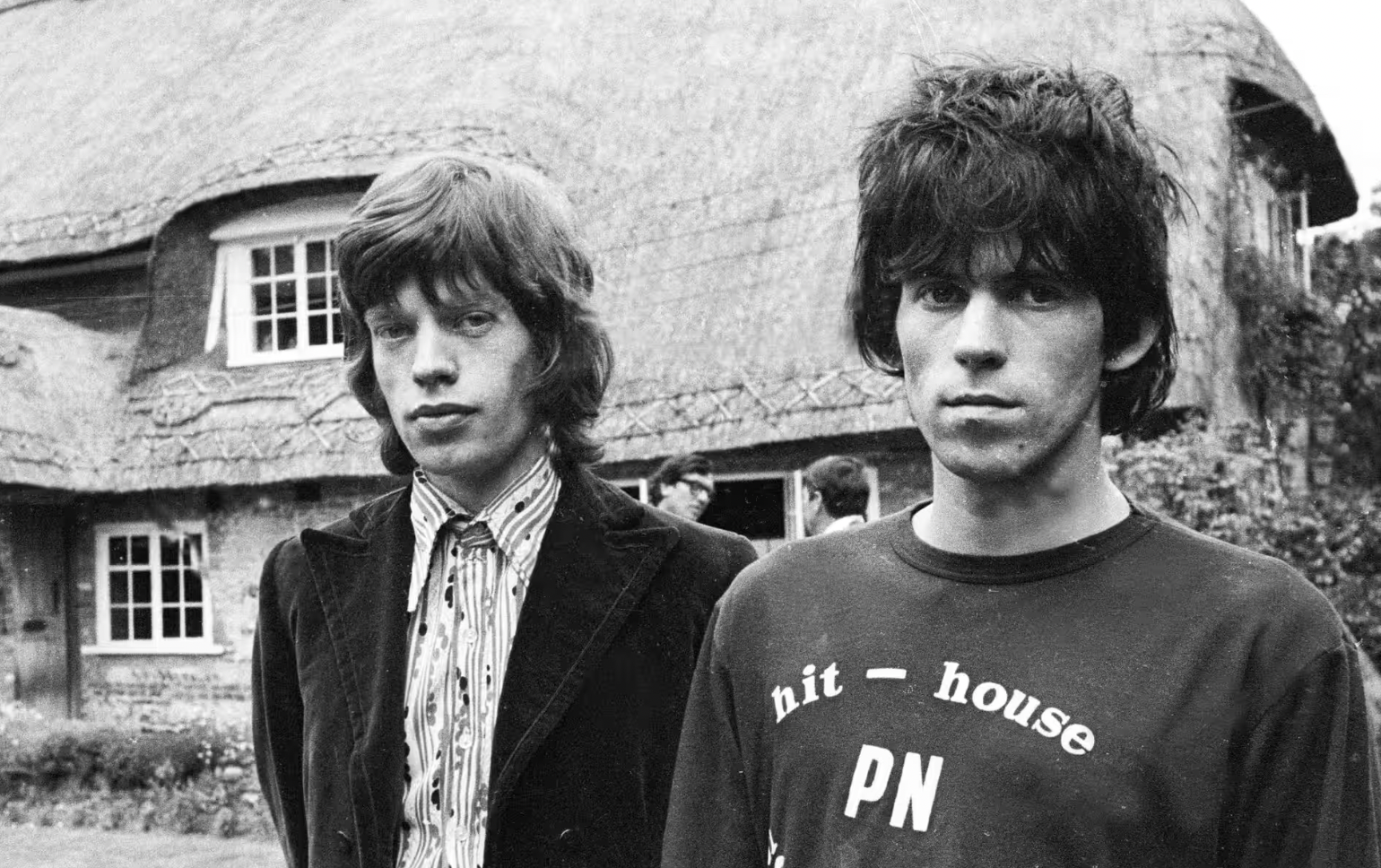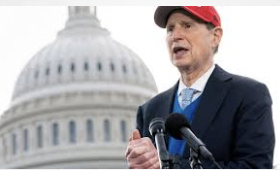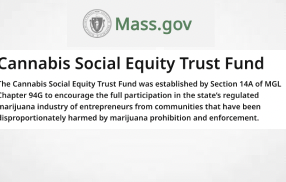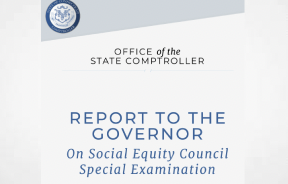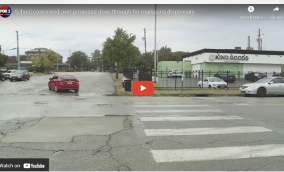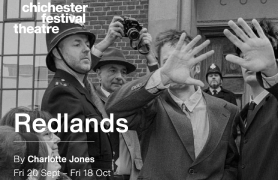I’ll be seeing this play next week at the Minerva theatre Chichester – Redlands is just down the road from where i type this..
These kids – they’re taking over the world – they’re the new aristocracy, man and the old guard don’t like it.
In the quiet market town of Chichester, the most famous members of the most infamous rock group in the world are on trial.
1967. At Keith Richards’s country house Redlands in deepest West Sussex, the Rolling Stones are enjoying a bohemian night in with the likes of Marianne Faithfull and George Harrison, until the constabulary swoop down and charge Keith and Mick Jagger with drug offences.
Only one man can defend the two icons of the 60s revolution: Michael Havers, leading QC and future attorney general. But the furore also brings into the spotlight his own relationship with his son, aspiring teenage actor Nigel Havers, who’s been drawn into Marianne’s orbit…
This riotous, psychedelic and hugely entertaining account of possibly the most bizarre English court case ever held evokes a turning point in cultural history and the clash between the generations.
Charlotte Jones’s plays include The Meeting (CFT 2018), and the multi award-winning Humble Boy (National Theatre, West End and Broadway).
Justin Audibert, CFT’s Artistic Director, makes his Festival Theatre debut.
A fictional account, inspired by the famous ‘Redlands’ trial of the Rolling Stones.
The Guardian
Keith Richards and Mick Jagger’s 1967 raid and trial caused a national storm, seeming to pitch old against young, Establishment against counterculture. But was the real story overlooked? We return to the 60s at their most swinging
Mick Jagger and Keith Richards’ 1967 trial for drug possession at Chichester crown court is one of the most notorious incidents in the history of 60s rock. Everyone with even a passing interest in the Rolling Stones knows the salient details: the grim role of the News of the World in setting up a police raid on Richards’ country pile, Redlands; the entirely apocryphal rumours about Mars Bars and Marianne Faithfull; the band’s brief attempt to escape the press attention by travelling to Morocco, where Richards began a long relationship with guitarist Brian Jones’s then-girlfriend Anita Pallenberg; the unexpected intervention of the Times’ editor William Rees-Mogg, protesting against the severity of the sentencing in an editorial headlined Who Breaks a Butterfly on a Wheel?; their subsequent release, Mick Jagger’s appearance on a hastily convened edition of the TV show World in Action, debating the whole business with Rees-Mogg, former home secretary Frank Soskice, the Bishop of Woolwich and Fr Thomas Corbishley (“a leading British Jesuit”).
But when playwright Charlotte Jones was reading up on the Redlands bust and trial, it was another, more overlooked aspect of events on which she alighted. Michael Havers was an intriguing choice of defence counsel for Jagger and Richards. He was not a barrister like John Mortimer, who seemed to delight in taking on the establishment on behalf of everyone from the editors of Oz magazine to the Sex Pistols to the publishers of Hubert Selby Jr’s Last Exit to Brooklyn. Havers was the establishment, a Garrick Club member who helped wrongly convict the Guildford Four, became a Conservative MP and ultimately lord chancellor under Margaret Thatcher.
Read the full article
Also read (paywall) the famous William Rees Mogg editorial ” Who Breaks A Butterfly on a Wheel” editorial
ith the upcoming release of ‘Redlands’ at Chichester Festival Theatre (running 20th September to 18th October), we wanted to take this chance to delve deeper into the true story behind the stage adaptation. Looking to the records we hold at the Record Office as well as newspaper articles we can piece together the key events of this sensationalised drugs bust that happened in peaceful West Wittering in 1967.
At the time, the Rolling Stones were seen as one of the leaders of a movement where the youth were rebelling against the expectations of society that were put upon them and finding their own voices in the process. This would have more than ruffled the feathers of the older generations! This was also closely tied to the recreational use of drugs and how music stars were said to have glamourised this to the youth at the time.
The tabloids were hounding the Rolling Stones and other music stars about their alleged drug use and their widespread influence. Older generations would have wanted to see the downfall of groups like the Rolling Stones, and the press was happy to comply with this. The News of the World published an article in February of 1967 that alleged Mick Jagger was witnessed taking and smoking drugs at a party in London. This might have sparked what happened next.
On the 12th of February, the police received a tip that drugs were being used at Keith Richard’s West Wittering home, ‘Redlands’, and a raid was carried out. Drugs were found at the premises, and these were taken in as evidence. At the time, the party did not take the police seriously and were making light of the situation; however, it would soon dawn on them how serious the matter was. Subsequently, Michael Philip Jagger was charged with possession of four tablets containing amphetamine sulphate and methylamphetamine hydrochloride without being duly authorised so to be. Keith Richard was charged with permitting the said premises [‘Redlands’] to be used for the purpose of smoking cannabis resin. And Robert Hugh Fraser (an art dealer and friend of the group) was charged with possession of 24 tablets of heroin without being duly authorised so to be.
Jagger, Richard, and Fraser were summoned to the Magistrates’ Court in May and were subsequently released on bail until their trial at the summer quarter sessions at the end of June. The judge presiding over this trial was Judge Block, the prosecution was led by Malcolm Morris QC, and the Rolling Stones were represented in court by Michael Havers QC.

Fraser, on the first day, pleaded guilty to his charges, as there was no escaping the fact that he had heroin in his possession. Jagger and Richard’s defence applied for them to be tried separately, which was granted. Not wasting any time, Jagger’s trial commenced quickly. After hearing the prosecution and defence, the jury made a quick decision and found Jagger guilty, and was remanded in custody overnight as to wait for Richard’s trial.





Above images taken from Q/W1343 – Chichester: Midsummer Quarter Sessions. These files are publicly available to view in our Searchroom, but please contact us first to arrange a visit ([email protected]).
Richard’s trial was underway the next day, and the evidence against him was weak as the prosecution relied upon how incense was used at ‘Redlands’ and how this was commonly associated with trying to cover up the smell of cannabis. There was also a trace amount of cannabis resin found in an ashtray which the prosecution relied upon. Richard was also questioned on the stand, and the comments he made here may have led the jury to make harsher judgements of him than they already had been. His answers made him stick out even more as a rebellious youth who did not want to conform with society’s norms. The jury was sent away for deliberations and came to the quick verdict that Richard was guilty.
Later they were all sentenced; Fraser was sentenced to six months imprisonment; Jagger was sentenced to three months imprisonment; and Richard was sentenced to the harshest punishment of 12 months imprisonment. An example had truly been made of these two members of the Rolling Stones, and it was trying to send a clear message to the youth, one of zero tolerance.
Following sentencing, Jagger and Richard were on bail pending appeals that were to be submitted by Michael Havers, QC. At the end of July, Jagger’s appeal was heard by the court, and his sentence was reduced a conditional discharge for 12 months, which allowed him to be a free man. Richard’s appeal was fully granted, and his conviction was completely overturned.

Looking back on this case with modern eyes does allow you to see how the law endeavoured relentlessly to make an example out of Jagger and Richard. The 1960s brought about an air of change in how younger generations wanted the freedom to live their lives how they saw fit, rather than bending to conformity. Bands like the Rolling Stones were gleaming examples of this rebellion and targeting groups like them made sense to try and enforce conformity. On the other hand, this case had the opposite effect and their fans showed their support even more than before. It also propelled the band’s popularity even higher!

Make sure you check back in October to see what the author of this blog thinks of the stage adaptation at CFT!
